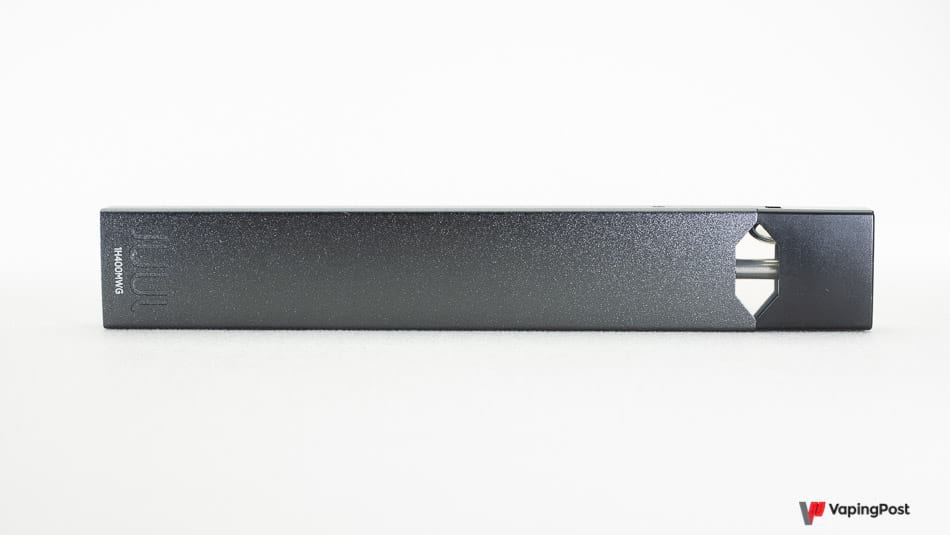The study titled, “Factors associated with past 30-day abstinence from cigarette smoking in a non-probabilistic sample of 15,456 adult established current smokers in the United States who used JUUL vapor products for three months,” was published earlier this month in Harm Reduction Journal and funded by Juul Labs.
The research consisted of an online survey of over 15,000 adult smokers, who were recruited when purchasing the Juul device for the first time and were followed up upon after three months from the date of purchase. The results indicated that after these three months, nearly half had stopped smoking after using the device. In line with previous research about flavours, the study also indicated that flavored Juul pods, including mint and mango, increased the participants’ chances of quitting.
Do JuuL devices cause cellular damage?
Meanwhile, a recent US study published in Chemical Research in Toxicology, has suggested that the nicotine concentrations in Juul are toxic to living human cells.
“The nicotine concentrations are sufficiently high to be cytotoxic, or toxic to living cells, when tested in vitro with cultured respiratory system cells,” said lead researcher Prue Talbot. “JUUL is the only electronic cigarette product we found with nicotine concentrations high enough to be toxic in standard cytotoxicity tests. A big concern is that its use will addict a new generation of adolescents to nicotine.”
Another study found that Switching to Juul had Similar Benefits to Quitting Completely
On the other hand, a recent clinical trial which was presented at the annual conference by the Society for Research on Nicotine and Tobacco (SRNT), indicated that switching from smoking to using Juul, reduced smokers’ exposure to cigarette toxins at similar levels to quitting entirely.












